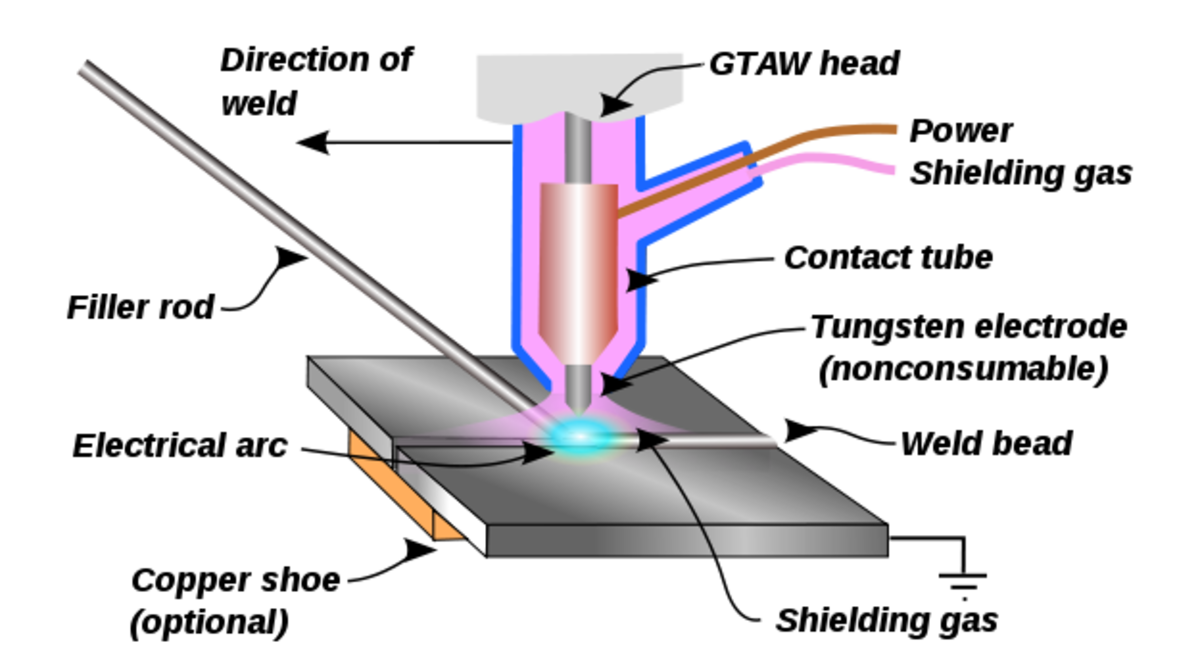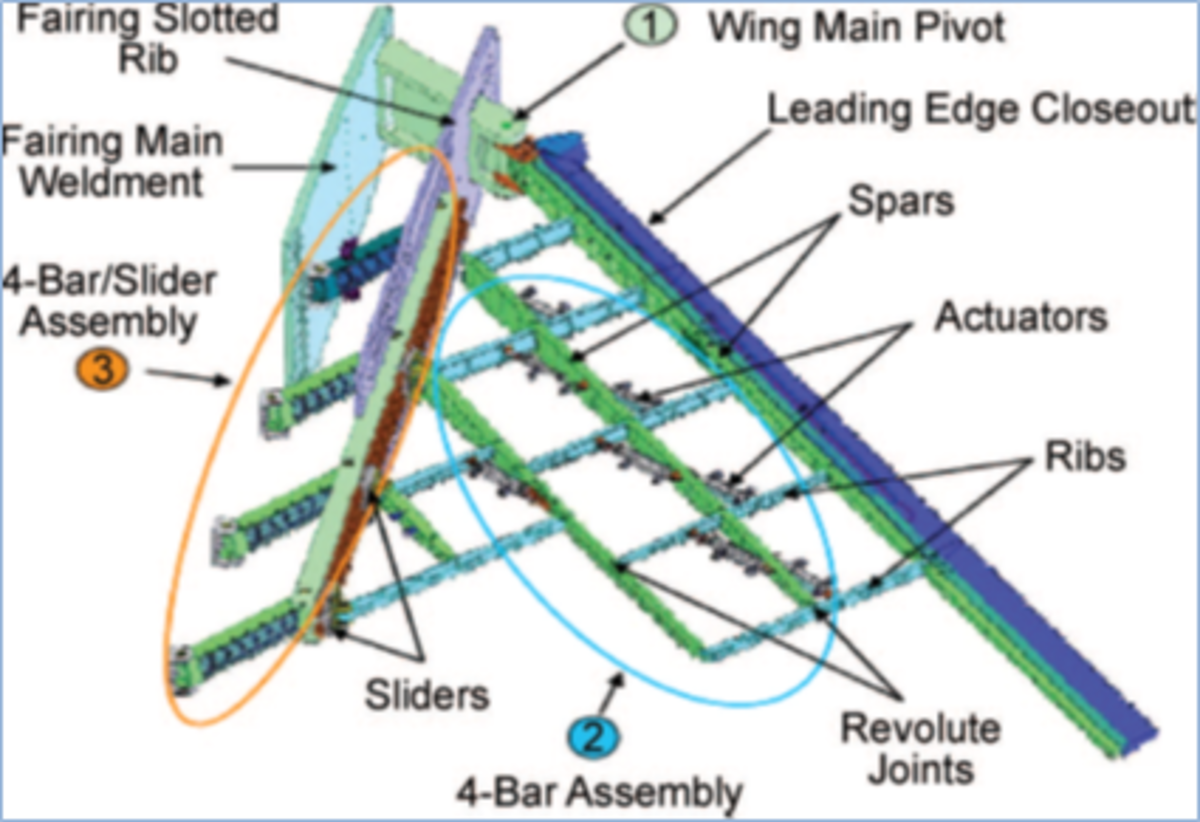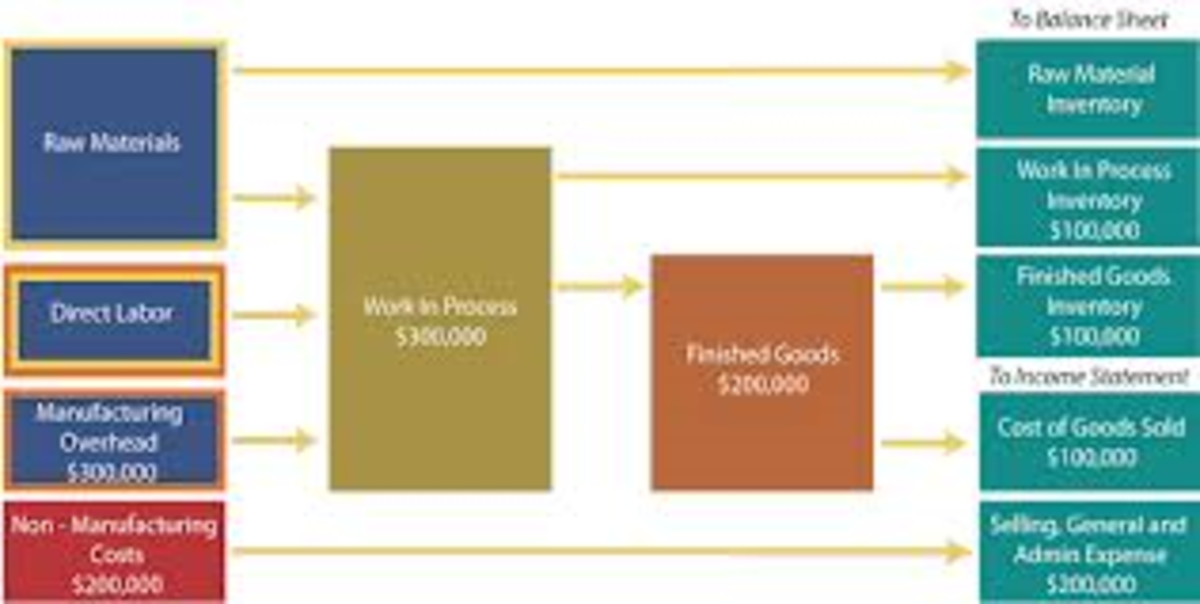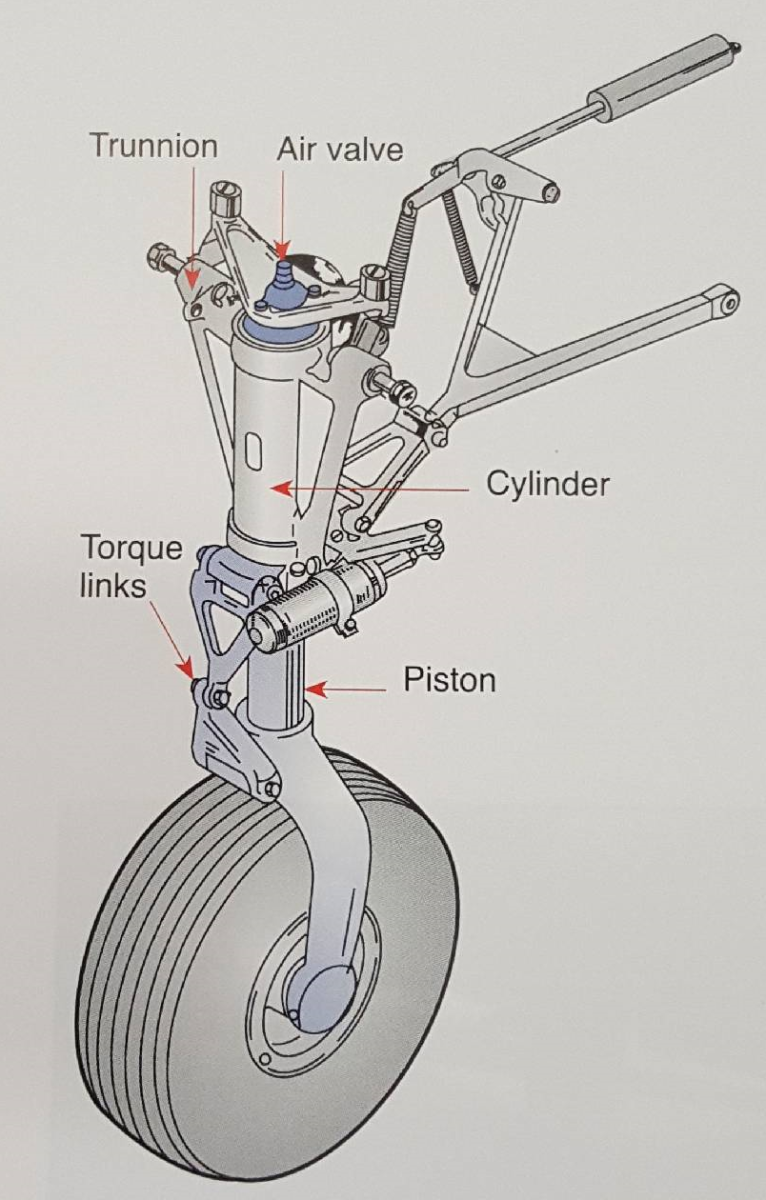Manufacturing Killers
No motive, no crime scene, witnesses, DNA or a blood stained weapon. The only evidence is a few test results and circumstantial evidence. Many times common sense seems to have the answer, but has no proof.
These are things that may kill us. These things are all made by us and used by us, created to make life easier, better or healthy. While our advances have made many accomplishments, there is mounting evidence that our own creations and inventions are quite possibly reducing and diminishing some of our lives at the same time.
Cell phones are the latest technology to be added to things we make that may not be good for you. Things like; electricity, food additives and substitutes, housing materials, packaging materials and materials in gadgets and toys we all use every day. We don’t need to make bombs, worry about terminator robots or anything so outright diabolical to kill us when our own technological advances, meant to comfort, entertain or help our lives, end up being a danger to us.
Assuming our food itself is safe – with all of the tainted foods lately – controversy exists over everything from pesticides, genetic variants, additives, preservatives, dyes and even packaging, almost nothing remains that has not been tampered with in some way. Not to mention the dangers of our current breeding practices, where such things as the actual numbers of variations of pigs and corn have actually dwindled. Certain modern practices also can serve as breeding grounds for harmful organisms, which we now know can evolve faster than we can adapt.
Even the most beneficial and rewarding advancements, such as vaccinations and electricity, come with their own potential baggage. It took us about 80 years to figure out electromagnetic fields (EMF’s) can have serious effects on humans. Now even paranormal investigators use EMF detectors to help search for ghosts and find any potential electrical issues which could be a real cause for some of the problems, as EMF fields have been known to produce anxiety and hallucinations.
CFL’s contain enough mercury to ruin your life. Formaldehyde is in a lot of things we buy and is responsible for that new car smell and is now suspected of causing cancer. Food dyes are also suspect, and they too are everywhere, making butter yellow and almost every food you eat look more appealing. We have built houses with asbestos and sealed them so tight we worry about gasses poisoning us. Then we fill those homes with aerosols and all kinds of chemicals from formaldehyde in everything from our pressed wood and cars, to mercury in light bulbs and pesticides in our yards and various chemicals in our pantries and fridges. Radiation is emitted from some devices and EMF fields surround us all because of our electrical devices.
I remember when the old CRT – Cathrode Ray Tube monitors (the big old black and green screens from the 1980’s) were more dangerous than cell phones may be today. My doctor blamed my heavy use of the monitors for my failing eyesight. Modern computers have their own hazards, filled with all kinds of heavy metals, including arsenic. A burning computer is a potential health hazard.
Most of the things we create are beneficial – at first, to most, but end up of having consequences down the road or affect some differently than others. Yet, we cannot stop, or wait for tests to go 1-2 generations to prove whether something is safe. Eat enough butter and it will not be good for you, same with margarine. Moderation works with some things, but some chemicals we are less tolerant of and can be more immediate in their effects and toxicity. An eye toward development of better testing and monitoring would go a long way to increase the safety of our advancements.
Inventions that kill us are really nothing new. I doubt that prehistoric man ever figured out that the smoke from his fire was bad for his health and certainly did not contemplate the fact that fire would kill thousands every year in their homes from accidents. How many people have been run over by a wheel in one form or another since its’ invention. There is always a pro for every con, and vice versa it seems. The caveman who invented fire gained many short term benefits such as warmth in cooler temperatures, defense against predators, light and cooking and preserving food, which undoubtedly reduced illness. These short term gains were negated by new dangers, such as fires getting out of control and harming or killing people, accidental burns and breathing toxic gasses. However, the statistically rare instances of fire deaths and the fact that the toxins from the fires take years to accumulate, lead to a true benefit.
Indeed, we all benefit in the short term, more people live today than would have if not for scientific advances. We are also individually different, as we note with blood type, hair color and genes. Not much will affect everyone the same way because of our subtle differences. We all want to live longer, healthier lives, and to throw away all of our advances would negate that rather dramatically. So we must go forward, but with the awareness that not everything is perfect or evident.
That is why we do keep going, because undoubtedly as a whole our lives are better than that of pre-1900 lives, just as theirs were better than those 1000 years ago. Many more people survive birth itself to go on and live. Life expectancies are longer because we advance, and not just in medicine.
We do need to develop some new means of testing and monitoring our new products, chemicals, etc before letting them loose after tests on mice, but not at the extent of advancement. After all, the real point is that regardless of what we do, our chance of dying is always 1 in 1. We are only trying to make sure that one chance is the best it can be.








